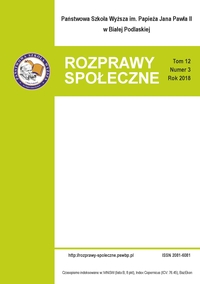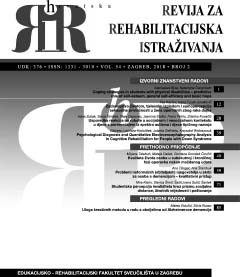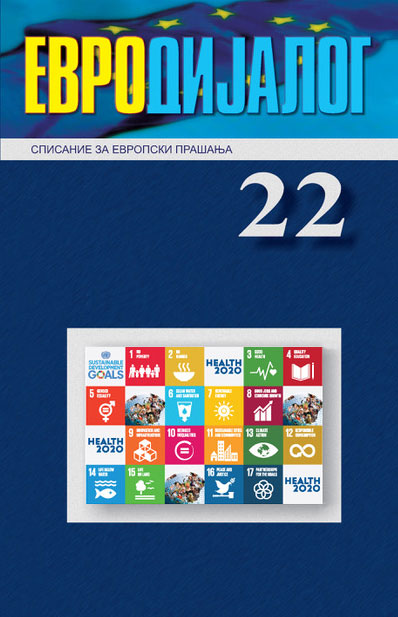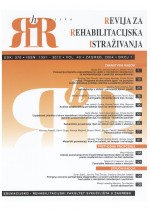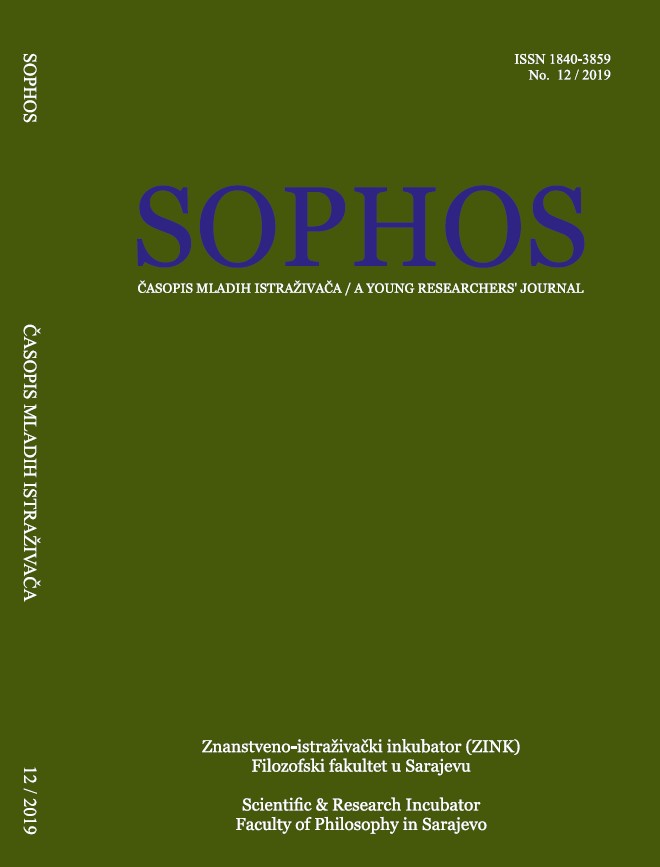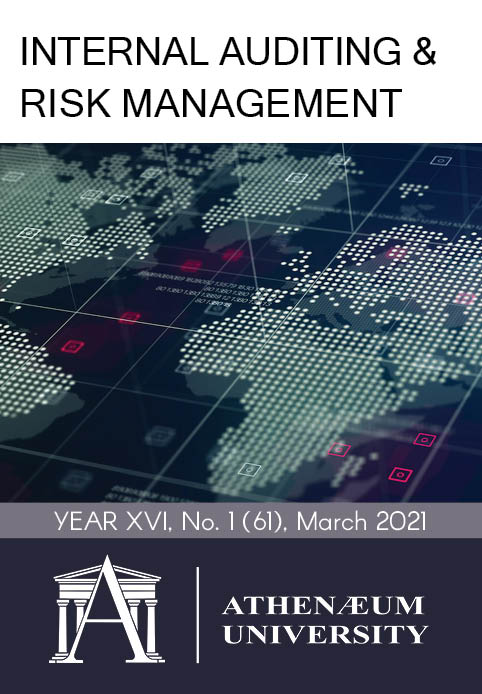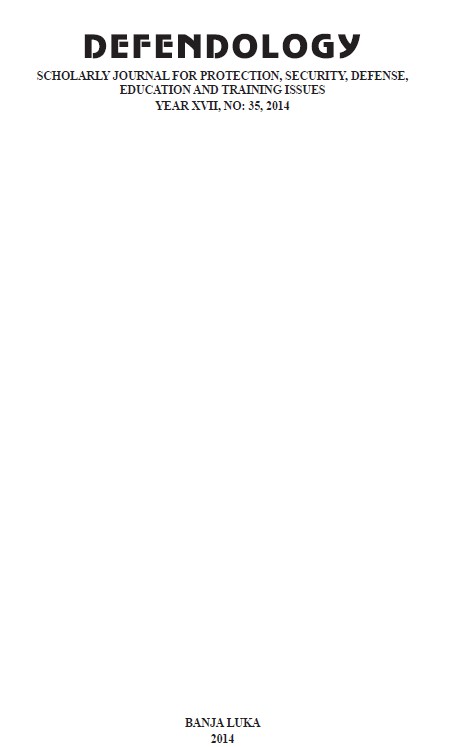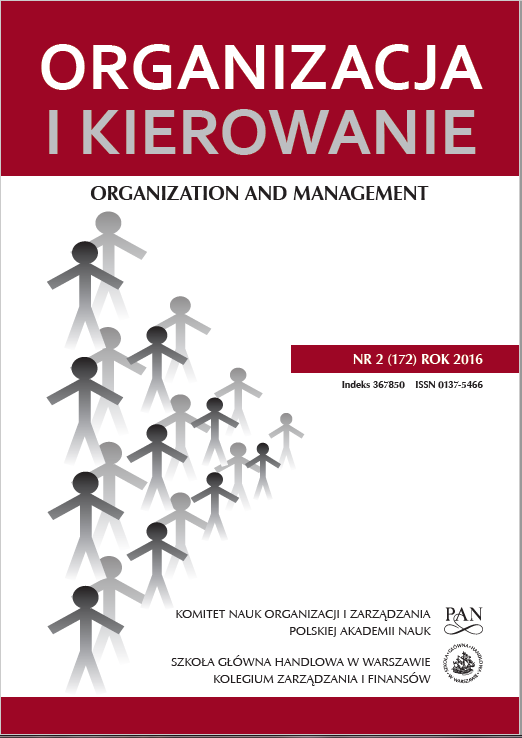
PARADOKSY INTUICJI W PODEJMOWANIU DECYZJI
Decision-making processes are the subject of interest and a field of research for scientists representing various disciplines such as economics, psychology, sociology, political science and neuroscience. Recently a problem of intuition in decision-making process has attracted great attention from practical and theoretical sides of management. The growing popularity of intuition can be explained by the desactualization of some basic assumptions of rational models, which today tend to be difficult or even impossible to apply in practice. Intuitive approach in management is a relatively new concept. Scientific discourse in this area was conducted mainly at the theoretical level. However, since the late nineties of the twentieth century, the number of empirical studies on intuition has increased. This issue has been increasingly explored, which contributed to the emergement of certain theoretical frameworks. In spite of this, some paradoxes can be still identified. All of them arrise from the incoherent views on intuition represented by particular researchers. This article aims to identify and analyze the critical paradoxes encountered in the issue of intuition in management, especially in decision-making. These paradoxes involve many aspects, but above all, the essence of this concept (location within the consciousness or subconscious), its types, its role in decision-making and the importance of feelings and emotions in an intuitive decision-making process. The article uses one of the main varieties of reasoning, namely the method of deductive reasoning based on the analysis of literature and observation management practices.
More...

